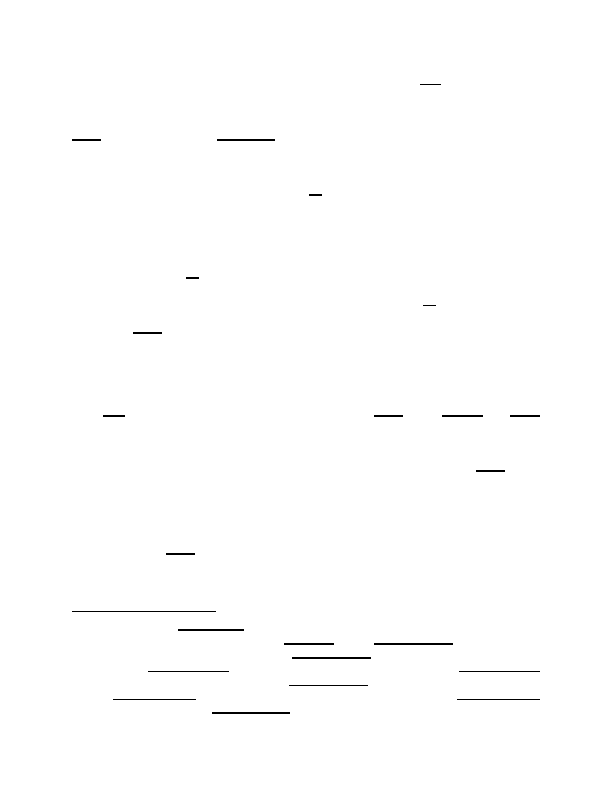
It cannot be inferred that the Court intended, by this “e.g.” parenthetical, to
require the far-reaching exclusions now attributed to it. To the contrary, the Court in
Diehr was explicit that “an application of a law of nature or mathematical formula” may
merit patent protection, 450 U.S. at 187 (emphasis in original), and that the claimed
process must be considered as a whole, id. at 188. The Court recognized that a
process claim may combine steps that were separately known, and that abstract ideas
such as mathematical formulae may be combined with other steps to produce a
patentable process. Id. at 187. The steps are not to be “dissect[ed]” into new and old
steps; it is the entire process that frames the Section 101 inquiry. Id. at 188.
The Diehr Court did not hold, as the majority opinion states, that transformation
of physical state is a requirement of eligibility set by Section 101 unless the process is
performed by a machine. It cannot be inferred that the Court silently imposed such a
rule. See maj. op. at 14 (relying on lack of repetition in Diehr of the Benson and Flook
disclaimers of requiring machine or transformation, as an implicit rejection of these
disclaimers and tacit adoption of the requirement). There was no issue in Diehr of the
need for either machine or transformation, for both were undisputedly present in the
process of curing rubber. It cannot be said that the Court “enunciated” today’s
“definitive test” in Diehr.
Subsequent Supreme Court authority reinforced the breadth of Section 101
2
Many amici curiae pointed out that the Supreme Court did not adopt the
test that this court now attributes to it. See, e.g., Br. of Amicus Curiae Am. Intellectual
Property Law Ass’n at 18 & n.16; Br. of Amicus Curiae Biotechnology Industry Org. at
17-21; Br. of Amicus Curiae Boston Patent Law Ass’n at 6-8; Br. of Amicus Curiae
Business Software Alliance at 13; Br. of Amicus Curiae Federal Circuit Bar Ass’n at 21;
Br. of Amicus Curiae Regulatory Datacorp, Inc. at 12-13; Br. of Amicus Curiae
Accenture at 16-17; Br. of Amicus Curiae Washington State Patent Law Ass’n at 10-11.
2007-1130
12
